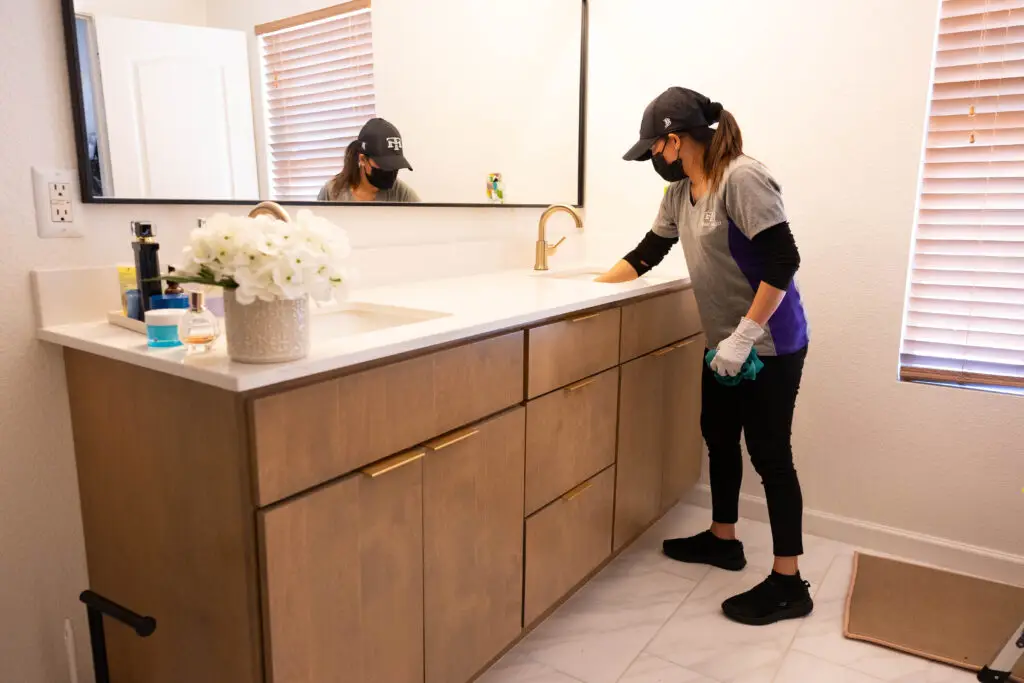In the world of short-term rentals, the topic of Airbnb refund case examples is a significant one for both guests and hosts. Navigating the complexities of refunds can often be daunting. However, understanding real-life examples can provide insights and guidance for handling such situations effectively. This article delves into various Airbnb refund case examples, shedding light on how they were resolved and offering valuable lessons for homeowners and real estate developers.

Understanding Airbnb’s Refund Policy
Airbnb has a well-documented refund policy that outlines the conditions under which guests can request refunds. Typically, refunds are granted if the property is not as described or if there are issues that significantly impact the stay. For hosts and guests, it’s crucial to familiarize themselves with these policies to ensure smooth transactions.
The Importance of Accurate Listings
One of the most common reasons for refund requests is discrepancies in property listings. A guest expecting a beachfront view but ending up with a cityscape can cause dissatisfaction. Ensuring your property description is accurate and detailed can mitigate refund requests. For more tips on avoiding such misunderstandings, you can explore our guide on Airbnb vs Property Manager.
Cleanliness and Maintenance Issues
Another frequent cause for refunds is cleanliness and maintenance problems. A property that does not meet basic hygiene standards can lead to guest complaints and refund requests. To avoid such scenarios, consider following our Vacation Rental Cleaners Guide to ensure your property is spotless and well-maintained.
Case Study 1: The Misleading Location
A guest booked a property advertised as being ‘minutes from downtown’ but found it was a 30-minute drive. The guest requested a refund, citing the misleading location. In this case, the host agreed to a partial refund, acknowledging the miscommunication. This underscores the importance of clear, honest descriptions in listings.
Case Study 2: Noisy Neighbors
Another guest faced an issue with noisy neighbors, which was not mentioned in the listing. The guest was granted a full refund after providing evidence of the disturbance. This case highlights the significance of being upfront about potential issues and exploring options like Airbnb Noise Policy Template to manage expectations.
How Hosts Can Protect Themselves
To minimize refund requests, hosts should prioritize transparency and communication. Regular updates on property conditions, prompt responses to guest inquiries, and setting realistic expectations can significantly reduce disputes. Additionally, implementing automated tools can streamline communication, as discussed in our article on Airbnb Automated Messaging Tools.
Case Study 3: Unforeseen Maintenance Issues
In one instance, a guest encountered a broken air conditioning unit during a heatwave. The host promptly addressed the issue and offered a partial refund for the inconvenience. This example illustrates the importance of proactive maintenance and prompt problem resolution.
Lessons for Real Estate Developers
For real estate developers, understanding these Airbnb refund case examples can offer valuable insights into guest expectations and property management. Ensuring properties are up to standard and maintaining open lines of communication with guests can enhance guest satisfaction and reduce refund requests.

Preventive Measures for Hosts
To further reduce the likelihood of refund requests, hosts should consider implementing preventive measures such as regular property inspections and guest feedback collection. These strategies not only enhance guest experience but also provide opportunities for hosts to address potential issues proactively.
Enhancing Guest Experience
Ultimately, the goal for any host or real estate developer is to enhance the guest experience. By learning from Airbnb refund case examples and implementing best practices, hosts can create memorable and enjoyable stays for their guests.
FAQs
Q1: What are common reasons for Airbnb refund requests?
A: Common reasons include misleading property descriptions, cleanliness issues, and unforeseen maintenance problems.
Q2: How can hosts minimize refund requests?
A: Hosts can minimize requests by ensuring accurate listings, maintaining cleanliness, and addressing issues promptly.
Q3: What should guests do if they encounter issues during their stay?
A: Guests should document the issue, contact the host immediately, and, if unresolved, escalate the matter through Airbnb’s support.
For more detailed strategies on managing guest expectations and property management, visit our article on Airbnb Rules for Guests.
This article contains affiliate links. We may earn a commission at no extra cost to you.



